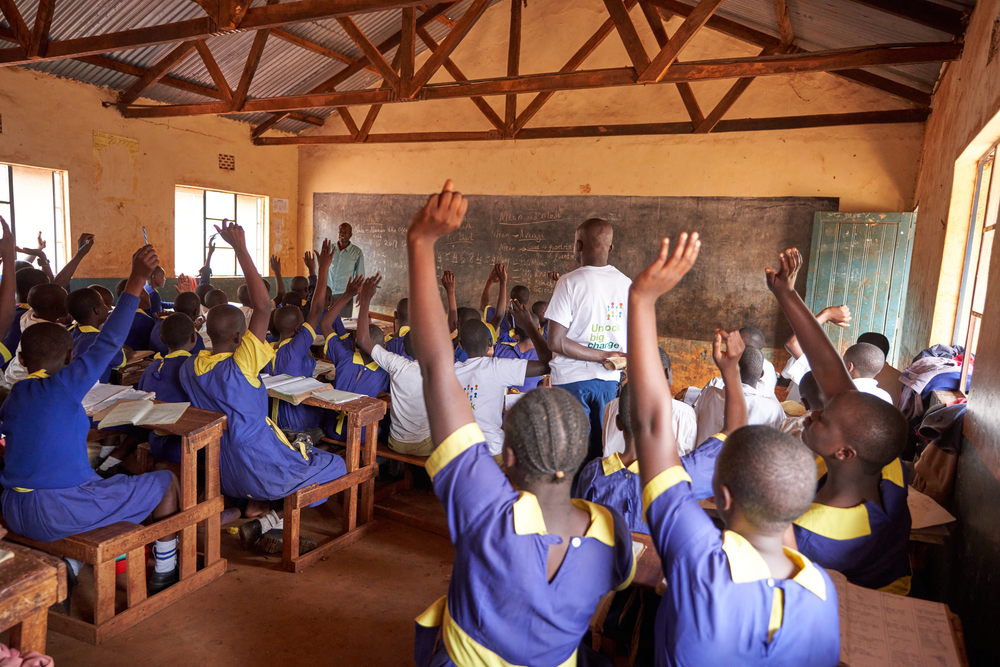From football star to president
George Weah was named the FIFA World Player of the Year in 1995. He was also voted African Player of the Century.
Weah played as a striker in the top leagues in France, Italy and England. His clubs included Monaco, PSG, AC Milan and Chelsea.


